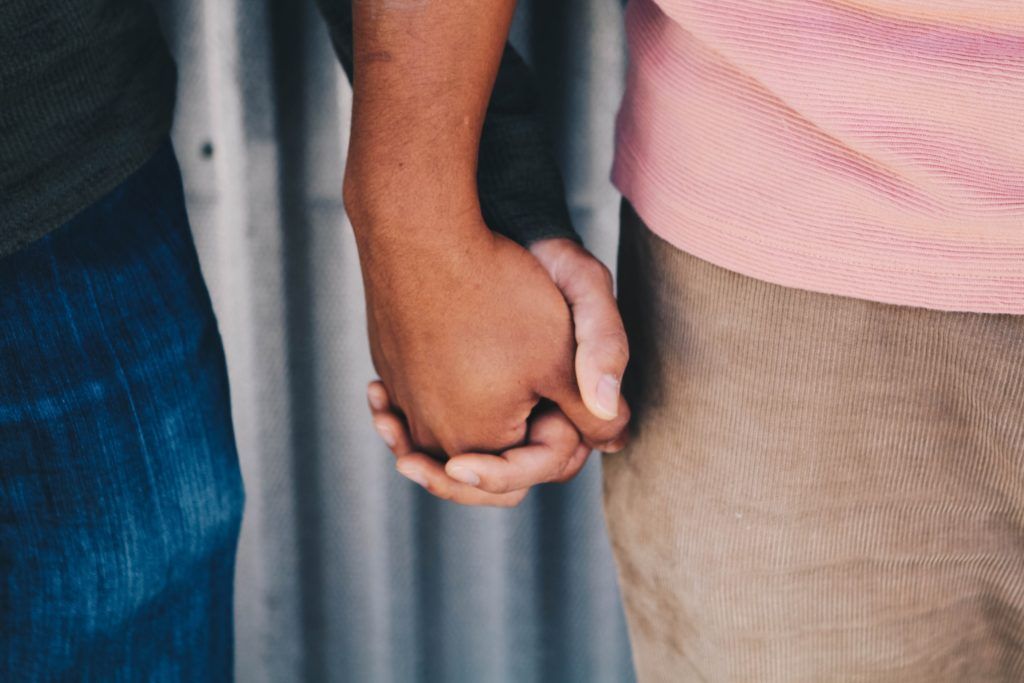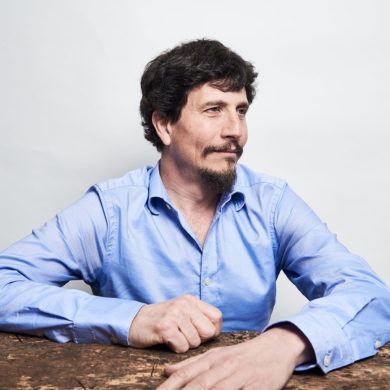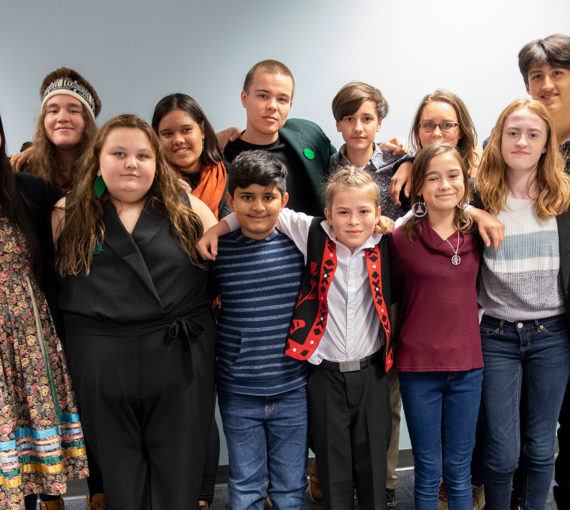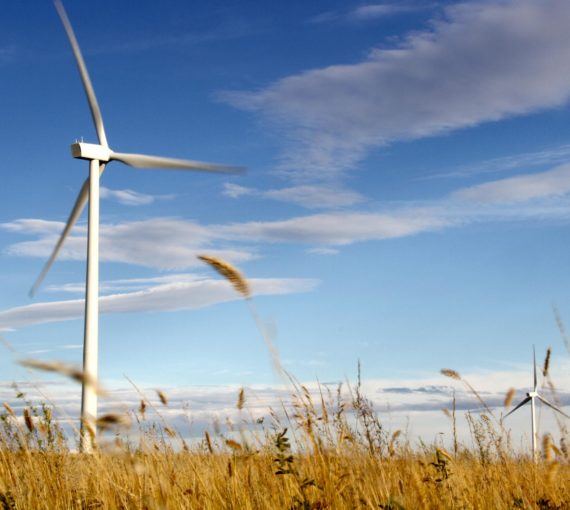It’s been a devastating, heart-wrenching two weeks. The appalling deaths of George Floyd, Breonna Taylor, Toronto’s Regis Korchinski-Paquet and Chantel Moore from Tla-o-qui-aht First Nation in British Columbia — all while in custody of those tasked to serve and protect — have ignited awareness of the intense, often violent racial discrimination that continues to oppress Black, Indigenous and people of colour in Canada and the U.S.
At the David Suzuki Foundation, we seek to protect the people and places we love for the benefit of all life, now and into the future. We must recognize and address the institutionalized racial injustice that both worsens and is made worse by the climate crisis, and which creates a barrier to the peaceful, sustainable, equitable future we collectively seek.
The economic and social systems responsible for the most atrocious environmental degradation also help drive the most deeply embedded social inequities. The two are so tightly connected, our work as an environmental organization must go hand in hand with social justice.
Race-based discrimination has no place in the healthy, safe, just and equal world we’re collectively building together. Yet, the environmental movement has long lacked diversity.
Race-based discrimination has no place in the healthy, safe, just and equal world we’re collectively building together. Yet, the environmental movement has long lacked diversity.
With our co-founder David’s first-hand experience with racism and oppression at Japanese internment camps in B.C., our longstanding alliance with Indigenous communities, and our organization-wide reconciliation journey, we may have thought we were part of the solution, not the problem.
We’re fortunate and proud to have employees and volunteers of diverse backgrounds throughout the organization. However, there are no people of colour on our senior management team. This needs to change.
We realize that the change we need is broad and involves examining systematic racism in all its manifestations. We’re listening and learning to uncover our shortcomings, recognize our power and privilege, and more proactively share it with people of colour.
We realize that the change we need is broad and involves examining systematic racism in all its manifestations. We’re listening and learning to uncover our shortcomings, recognize our power and privilege, and more proactively share it with people of colour. We commit to speaking out against systemic racism, addressing our own internalized biases and empowering people of colour inside and outside our organization.
The David Suzuki Foundation commits to:
- Delivering anti-racism and anti-oppression training for our entire team — starting with our leadership — in an ongoing journey embedded into our culture.
- Expanding our focus on inclusion and diversity in recruitment and hiring processes.
- Listening to, learning from and elevating BIPOC voices from our staff, community and movement in our communications channels.
We witness these ongoing racial injustices with a deep sense of loss and grief. But seeing people rise up in solidarity and the many individuals, organizations and institutions (including ours) acknowledging their roles in perpetrating racial injustices and committing to unlearn the ways in which we perpetrate them kindles hope.
Black American activist, philosopher, academic and author Angela Davis said, “You have to act as if it were possible to radically transform the world. And you have to do it all the time.”
I encourage you to join us in this difficult but essential anti-racist journey. You can start by learning and giving now.
P.S: In 1992, our co-founders David Suzuki and Tara Cullis co-wrote the Declaration of Interdependence with friends Raffi Cavoukian, Wade Davis and Giindajin Haawasti Guujaaw. Almost 30 years later, it still encapsulates our organizational values. An excerpt:
We are human animals, related to all other life…
We share with these kin a common history, written in our genes…
The stability of communities of living things depends upon this diversity.
…
At this turning point in our relationship with Earth, we work for an evolution: from dominance to partnership; from fragmentation to connection; from insecurity, to interdependence.
We are all interconnected and interdependent. Strength in diversity is not just theoretical, it’s proven by science. As humans, we must work to create and maintain diversity — in our families, organizations and communities. Read the declaration.
Our Work
Always grounded in sound evidence, the David Suzuki Foundation empowers people to take action in their communities on the environmental challenges we collectively face.




